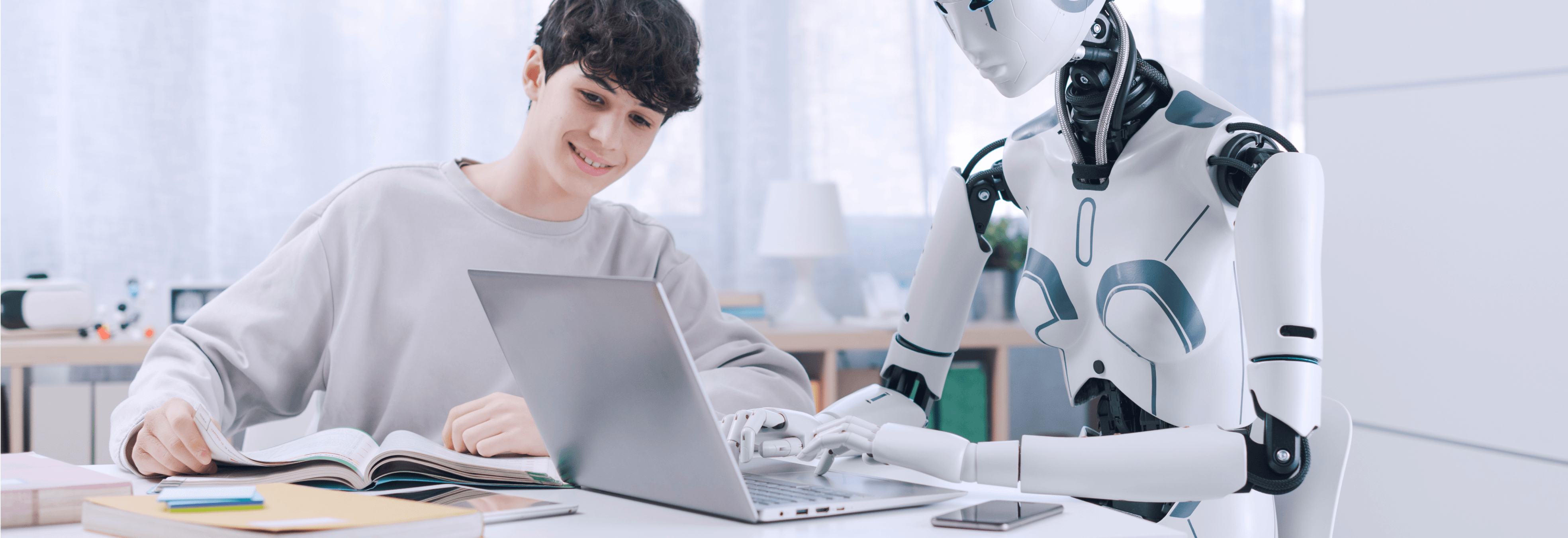Hype vs. Reality in Software Development
The world of technology thrives on innovation, and the prospect of artificial intelligence (AI) taking on complex tasks like software development has captured the imagination of many. Enter Devin AI, a company claiming to have created the "first AI software engineer" – an AI named Devin capable of independently finding and fixing bugs in code. This announcement sent ripples of excitement through the developer community, sparking dreams of a future where AI collaborates with humans to write flawless software. However, a closer look at Devin AI's demonstrations reveals a potential case of overhyped capabilities.
Devin AI's marketing materials featured impressive videos showcasing Devin's tackling coding challenges. One particularly notable video demonstrated Devin seemingly resolving a bug on the freelance platform Upwork. However, upon closer inspection, critics raised concerns about the legitimacy of these demonstrations.
The primary criticism centers around the Upwork video. Observers pointed out that the task presented to Devin might have been specifically tailored to its strengths. The code displayed in the video contained a bug that could be identified through relatively simple pattern recognition – a task AI excels at. Critics argue that real-world coding involves a much wider range of challenges, such as understanding complex logic flows, refactoring existing code, and collaborating with human developers. They argue that the Upwork example doesn't represent the true complexities of software development.
Further fueling the skepticism is the accusation of "cherry-picking." The demos showcased by Devin AI only represent a tiny fraction of the potential tasks a software engineer might face. Critics argue that these examples were carefully chosen to make Devin's capabilities appear more impressive than they truly are. Real-world software development involves a multitude of complexities that are not necessarily reflected in those specific scenarios.
Beyond the specific examples, delving into technical details reveals further discrepancies. One critique points out that Devin's proposed code changes in the Upwork video didn't always make logical sense. Additionally, it seems Devin couldn't understand the included README file, a crucial document that provides context and instructions for developers working on a project. These technical inconsistencies raise questions about the true depth of Devin's understanding and its ability to handle real-world coding challenges.
The Devin AI controversy highlights the importance of healthy skepticism in the tech industry, particularly concerning advancements in AI. While the field is rapidly evolving, it's crucial to maintain a critical eye and analyze claims through a realistic lens. Overhyped AI capabilities can lead to unrealistic expectations and potentially hinder genuine progress in the field.
However, dismissing Devin AI entirely would be a disservice. While its marketing materials might have overstated its abilities, the underlying technology still holds promise. AI tools have the potential to become valuable assets in the software development toolkit. Existing AI solutions can already automate repetitive tasks like code formatting and unit testing, freeing up developer time for more complex problem-solving. Additionally, AI can analyze large codebases to identify potential bugs and vulnerabilities, significantly improving code quality.
The key lies in acknowledging the current limitations and focusing on developing AI that complements human developers. The ideal future of AI in software development isn't a scenario where AI replaces human coders entirely. Instead, it's a vision where humans and AI work together, each leveraging their unique strengths. Developers can utilize AI tools to streamline tasks and gain valuable insights, while focusing on creative problem-solving and higher-order decision-making.
The Devin AI controversy serves as a cautionary tale for the tech industry. It underscores the need for transparency and responsible marketing when showcasing AI advancements. Focusing on realistic portrayals and fostering open discussions about limitations is crucial for building trust and ensuring healthy progress in the field.
The potential of AI in software development remains exciting. As AI technology continues to evolve, we can expect it to play an increasingly significant role in the coding landscape. However, by maintaining a balanced perspective and fostering collaboration between humans and AI, we can ensure that this future brings genuine advancements rather than simply sensationalized headlines.
The Ethical Concerns of Misleading Marketing
The Devin AI controversy raises critical questions about the ethics of marketing in the field of AI. When companies overhype capabilities and present unrealistic portrayals of their technology, they risk eroding trust in the entire field. This can have a chilling effect on investment and development, hindering genuine advancements.
Furthermore, misleading marketing can create unrealistic expectations about the capabilities of AI in the hands of consumers. This can lead to situations where businesses or individuals invest heavily in AI solutions, expecting a magic bullet, only to be disappointed by the limitations of the technology. This cycle of inflated expectations and subsequent disillusionment can ultimately slow down the responsible development and adoption of AI.
Why the Rush to Replace Software Engineers?
The excitement surrounding Devin AI, despite its questionable claims, also points to a broader concern in the tech industry – the fear of automation rendering software engineers obsolete. Headlines proclaiming the imminent demise of software development jobs are not uncommon. However, it's important to address the underlying anxieties that fuel this narrative.
The truth is that software development is a constantly evolving field. New technologies and paradigms always emerge, and developers need to adapt and learn new skills to remain relevant. While AI will undoubtedly play an increasingly significant role in the future of coding, it's unlikely to replace software engineers entirely.
Here's why:
The Human Touch: Software development is not just about writing code. It involves understanding complex problems, devising creative solutions, and collaborating with stakeholders. These are all areas where human intuition, creativity, and communication skills.








